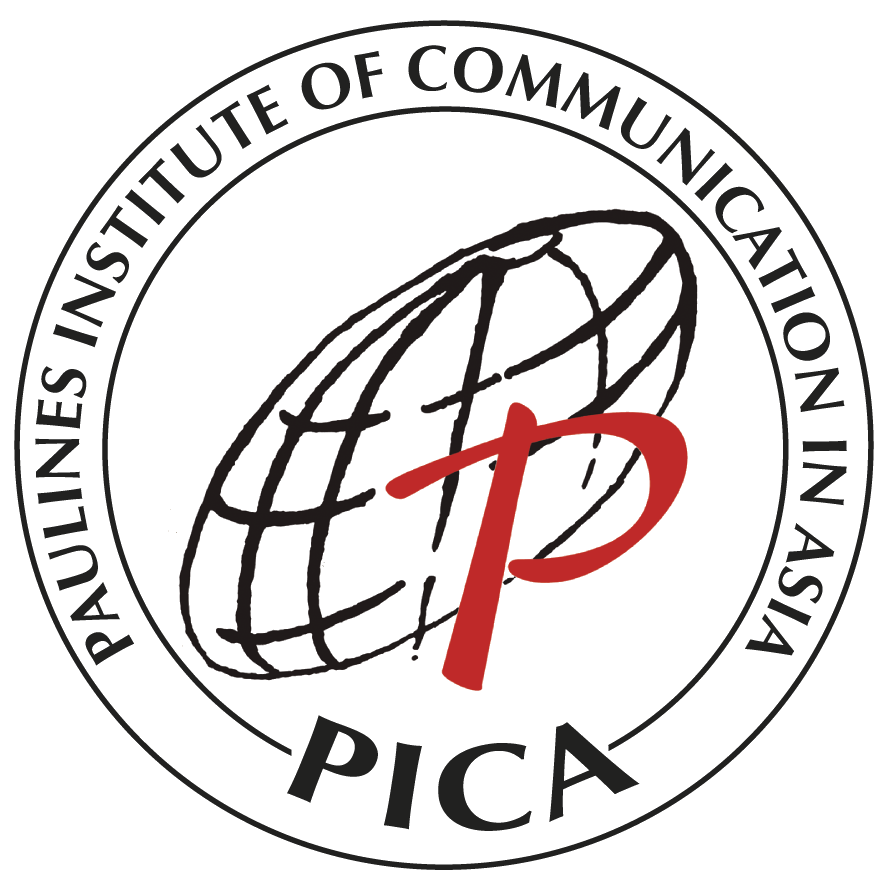Curso on line de alfabetizacion mediatica 2022-2023

PROGRAMA DE CURSO DE POSGRADO
Año 2022 – 2023
Foundations of Media and Information Literacy and Education (MILE-FLE 01): 5 de marzo – 2 de abril de 2022.
Registrarse aquí:
Alfabetización mediática e informacional y educación en Internet y redes sociales (MILE–ISM 02):
Alfabetización mediática e informacional y educación publicitaria (MILE–AD 03):
30 de abril – 28 de mayo de 2022
Alfabetización mediática e informacional y educación cinematográfica (MILE–F 04):
18 de junio – 16 de julio de 2022
Alfabetización mediática e informacional y educación musical popular (MILE–M 05):
del 6 de agosto al 3 de septiembre de 2022
Alfabetización mediática e informacional y educación televisiva (MILE–TV 06):
24 de septiembre – 22 de octubre de 2022
Alfabetización mediática e informacional y educación radiofónica (MILE–R 07):
12 de noviembre – 10 de diciembre de 2022
Alfabetización mediática e informacional y educación en periódicos y revistas (MILE–NM 08):
21 de enero – 18 de febrero de 2023
Plan de Comunicación y Educación y Desarrollo Organizacional (MILE–OD 09):
11 de marzo – 1 y 15 de abril de 2023
Espiritualidad mediática (MILE–MS 10):
6 de mayo – 3 de junio de 2023
Teorías de la Comunicación y la Educación (MILE–CET 11):
24 de junio – 22 de julio de 2023
Investigación en Comunicación y Educación (MILE–CER 12):
12 de agosto – 9 de septiembre de 2023
SIGNIS Asia Media Education
Training of Trainers Programme 2022
By Sr. Ganga Rawat SSpS
The SIGNIS Asia Media Education Desk organized a ‘Training of Trainers Programme’ from 22-26, February 2022 via Zoom platform. Around 70 Media Education professionals from 16 countries participated in the programme. The participating countries include Thailand, Sri Lanka, Myanmar, Vietnam, Mongolia, East Timor, South Korea, Philippines, Papua New Guinea, Cambodia, Malaysia, Bangladesh, Pakistan, India, East Timor and Nigeria.
Eleven resource persons from five countries handled the sessions on various topics related to Media Education. The main aim of the programme was to 1) examine the ways media define ‘our perceptions and shape our life experience’ and 2) to make ‘media consumption’ an active and critical process. It was also to make the media accountable and responsible to society.
Building a Strong Network in Asia
The programme began with an Inaugural address by Fr. Joseph Anucha, the President of SIGNIS ASIA. He emphasized the need for understanding the concepts of Media Education so that we can boldly share the knowledge on media education to the digital generation. It is also to help us in building a strong network in Asia and the world as well.
Media Education from Different Angles
There were altogether 15 sessions of 60 minutes each on various topics like Media Information Literacy: Concept, History, Need and Main Components by Ms. Pie – Mabanta Fenomino from the Philippines, Deconstruction of media messages by Dr. Elizabeth Titilayo Aduloju from Nigeria, An Introduction to Educommunication: Social transformation through educommunication tool by Prof. Carlos Ferraro of Argentina, Critical Analysis of Print media and how young people can use Print Media positively by Fr. Robinson Rodrigues of India, The World of Advertisements: Elements, Techniques, Gender stereotyping, Ad analysis and how to deal with them by Ms. Del Hernandez of the Philippines and so on.
Media Literacy
The other sessions include: Media Literacy in USA and Canada: Creative methodologies and their impact by Ms. Pamela Aleman of Canada, Social Media and Young people today: The challenges and Strategies by Sr. Patricia Michelle Mathias of India, The Power of Radio Medium and how young people can use Radio medium positively by Mr. Bernard Factor Canaberal of the Philippines, Critical Analysis of Film Medium and how young people can approach films positively by Prof. Jenith Sekar of India, Writing skills for media and how young people can engage in media advocacy by Mr. Sumit Dhanraj from India, Developing Media Education Resource Library with teaching and reference materials by Prof. Vikas Singh from India, Designing Media education programmes for varied audiences by Ms. Del Hernandez and Mr. Bernard. Factor Canaberal of the Philippines and Making Media Education a Movement by Prof. Carlos Ferraro of Argentina.
The programme began with an Introduction to the course, and Media Education practices in South Asia by Dr. Magimai Pragasam, the Course Leader and the Chair of ME Desk of SA.
A Testimony from Sr. Celine D’Cunha
One of the participants Sr.Celine D Cunha FMA told that "It was an excellent seminar - with an amazing, informative, powerful, and useful sessions, by competent and qualified resource persons. The programme was well-coordinated by the facilitator and the resource person, Dr. Magimai Pragasm. The resource persons offered a soulful experience and it was a wonderful encounter to be cherished for a lifetime. Much appreciation and grateful thanks to the entire team."
Dr. Magi expressed that the participation of members was impressive and the spirit shown by them from the beginning till the end of the programme was highly appreciated. He also mentioned that all will receive a certificate after submitting the assignment.
Each one can Choose a Mentor
The highlight of the programme was the participants were invited to choose their mentors from the pool of resource persons to continue their journey of learning through regular contacts and interaction A WhatsApp group of all the participants would facilitate the much-needed sharing and interaction among the participants.
Resource Materials
The participants were provided with a 99 page eBook containing all the papers presented by the speakers. They also received all the PowerPoint presentations of all the presenters. They were also assured of various resource materials on media education to support their local media education programmes.
An action plan was drawn up and people were chosen for various responsibilities. Many participants expressed their gratitude to the organizers for conducting such a useful programme. They also promised to do their best in the field with a series of media education programmes for young people.
------------------






